#heres a thing
Explore tagged Tumblr posts
Text
I have some scattered thoughts about familiars and animal motifs in Misfits and Magic.
Something about K's familiar first being another Disney-esque trait to fight against, then a helpful friend, then a much needed tether to the VERY REAL needs of an animal body, which K still has, despite their attempts to deny it.
Something about Sam and T2 and the real fate of "teacup" pigs (piglets): given up when they grow to big. Not cute anymore, but still incredibly smart.
Something about Evan and blood snakes and birds of sky blue. Something about a dog being down to earth, but on its own legs.
Something about trading a basketball for wings
23 notes
·
View notes
Note
HOLY CRAP WE ARE MOOTS????? I THOUGHT YOU ARE LIKE A CELEB…..
HELP A CELEB?? IM JUST A LITTLE GUY LMFAO CKMDJBNSDMVHBDNMABJS were moots cuz i think youre cool and funny :3
#geralds mailbox#guys cmon#heres a thing#if you follow me ill most likely#go thru your blog#and become moots if i like you#xdd
13 notes
·
View notes
Text
Yeah so I slipped and made an IC/RP account for Light Yagami. Always wanted to do like IC asks and stuff for Light versions from my fanfic universes so that might be fun.
2 notes
·
View notes
Text
what if your doppelgänger wasn’t evil it was just a person. what if your doppelgänger wasn’t trying to replace you it was just trying to learn to be a person and you were the best model it had. what if your doppelgänger looked at you with your eyes and said with your voice that it just wanted to be loved. what then.
#aelan speaks#fornax cain#fun fact i used to think imposter syndrome was more literal#not so much “i don’t deserve this good thing and i’ve somehow tricked people into thinking i do”#but more like “i am straight up not a person and everyone knows it”#“and i am TRYING to be a person but i can’t get it right and they all KNOW and i should not be here but i don’t know where else to go”#anyway i was a normal child
58K notes
·
View notes
Text
not romantic not platonic but a secret third thing [what would happen between earth and the moon if the earth stopped spinning as illustrated by xkcd randall munroe]
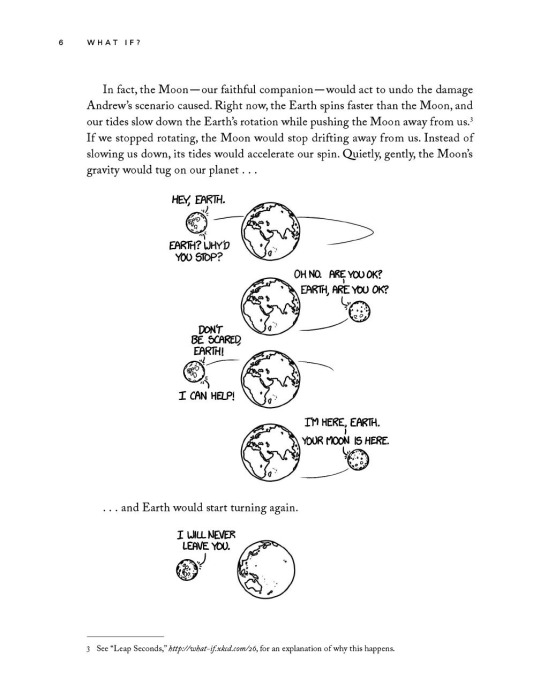
#'your moon is here' things that make me explode like a supernova#UGHHHHHHH what if i was perpetually in your orbit. influencing the tides. protecting you from asteroids. and slowly drifting further away.#then you stopped moving and i was only pulse to your dead heart. orbiting you. right where ive been left. and so you started turning again.#ria.txt#personal#space opera au#(<- not about what you think is about)#hiiii this is gaining traction so glad we're all going insane :D your moon is here is SO fucked up. so good.#xkcd#randall munroe#space#moon#anyways xkcd comics are so good. entertaining witty and informative. check em out!#ok this is about false and ren from hermitcraft#falseren
127K notes
·
View notes
Text













Finally now that the comic is fully public on comicfury, I get to share it with all of you here, too <3
If you enjoyed, please consider supporting by buying a PDF of the comic on itch.io: https://tawnysoup.itch.io/home-in-the-woods
#I'd rather not clutter the caption so I'll ramble a little in the tags#HitW is short but special to me as it represents and encapsulates some hard life experiences I was going through at the time of its creatio#Ofc in a more metaphorical manner! but. I have been very much enjoying reading people's comments and speculation as its been posting#the interpretations are so meaningful and varied and i love that and really want to encourage anyone to reflect on what it means to them#for me making this comic was a way to process and move past trauma. i feel like it ends anti-climactically but i wanted to be true to#where i thought things were actually going in my life moreso than to veer towards impact. ultimately im glad i managed to finish it#and for it to finish going public right before the new year? maybe i can see this as shedding that old pain in time to become something new#so thank you for reading for supporting and for still being here. lets wake up to 2025 with wind in our sails#Home in the Woods#my art#my comics#original comic#cw guns#cw blood#cw body horror
25K notes
·
View notes
Note
hey! there's zero esims left for the connecting gaza campaign as of today. i remember you promoting them earlier. could you give them a much needed boost?
oh dang! unfamiliar with that particular campaign, as I always donate via crips for e-sims because it's super easy to do, but regardless let's go people!
#signal boost#esims for gaza#crips for esims#monday is 'whatever i got that i can give' day anyway so good timing#free palestine#only thing to watch out is how much of a tip you're giving on this site bc it defaults to. super high? which. I get but c'mon#I'm here to give the money to THEM not the host site ok
36K notes
·
View notes
Text


i think mabel somehow finds a picture of stan and ford's prom outfits and goes ham recreating the suits for her and dipper's prom
#gravity falls#gf#dipper pines#mabel pines#standford pines#stanley pines#i actually hyperfixated on gf two years ago and tried to execute this concept then#but couldn't get it to look the way i wanted#and here i am two years later#hyperfixated again#and finally finishing this drawing#funny how things work out
22K notes
·
View notes
Text
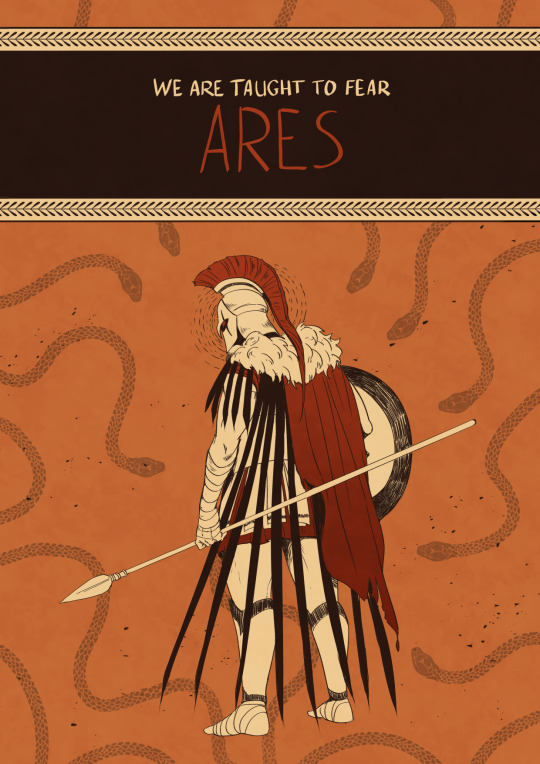
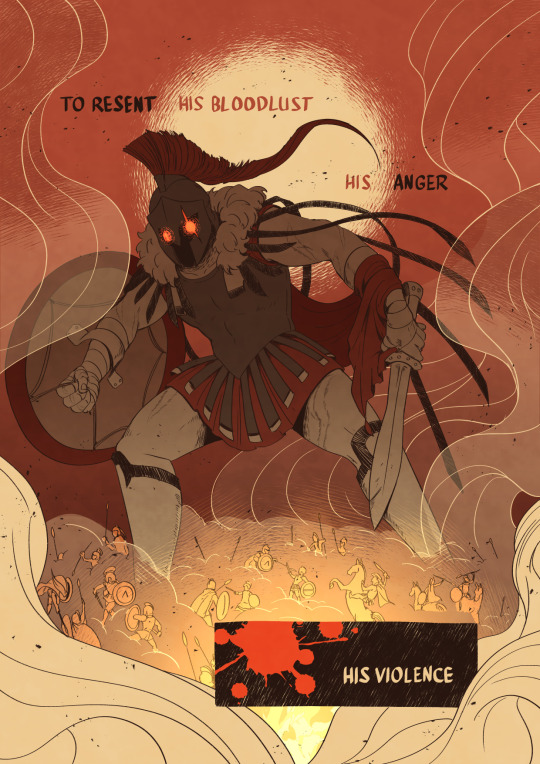

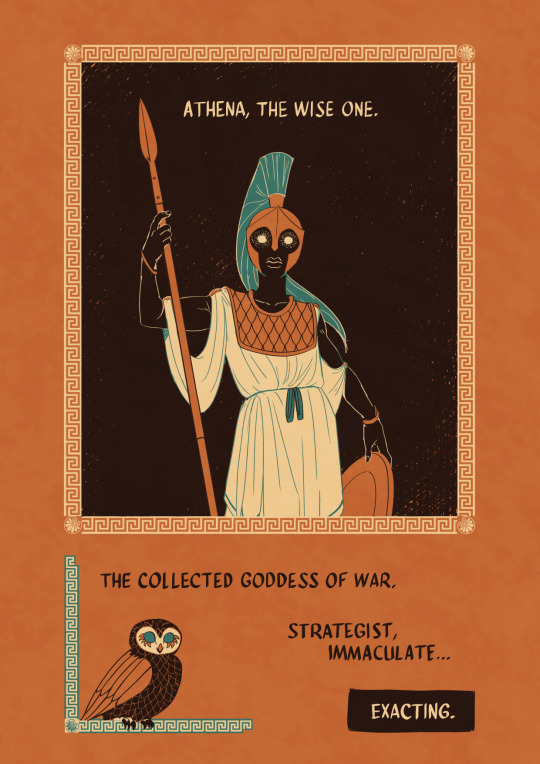
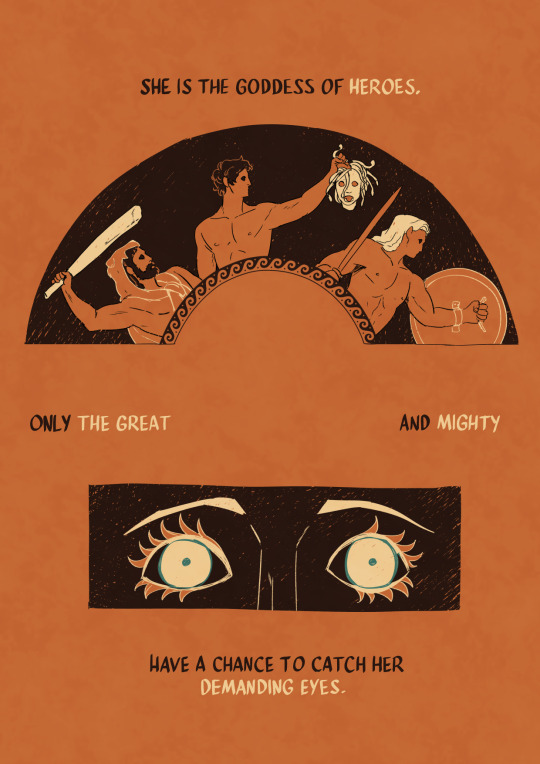
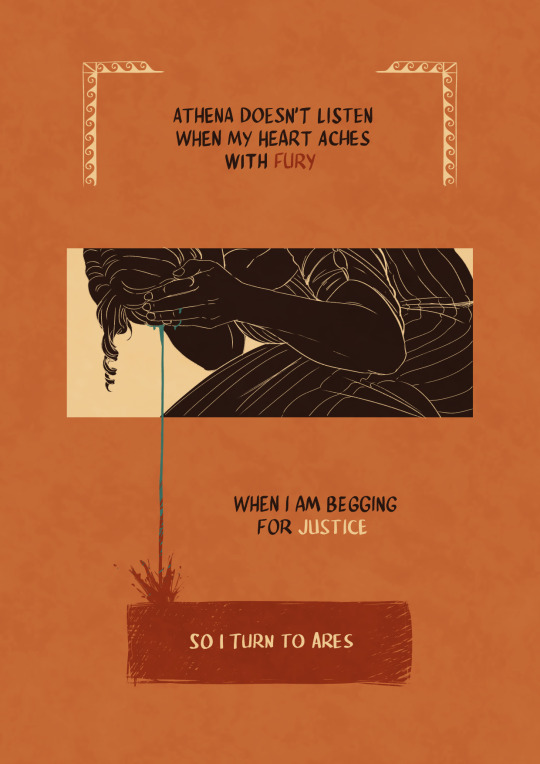
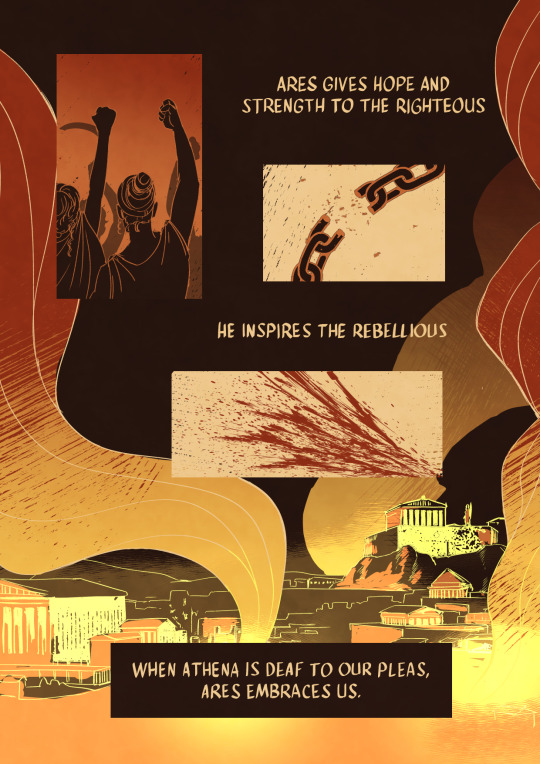
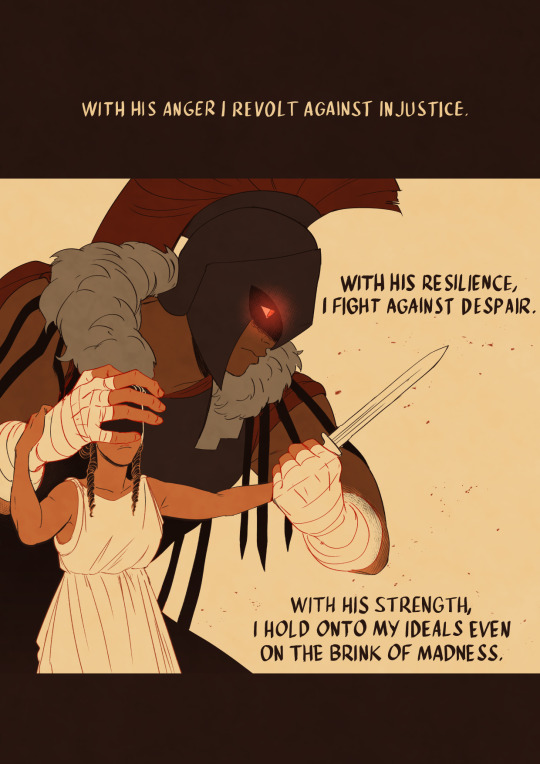
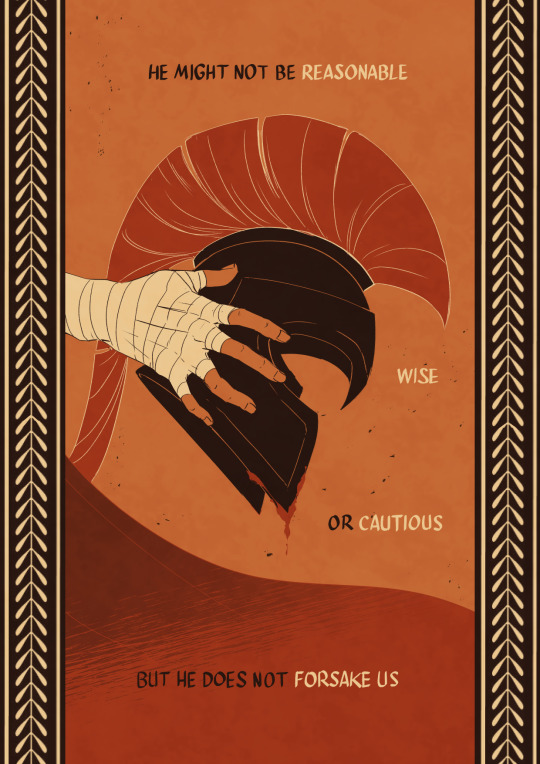
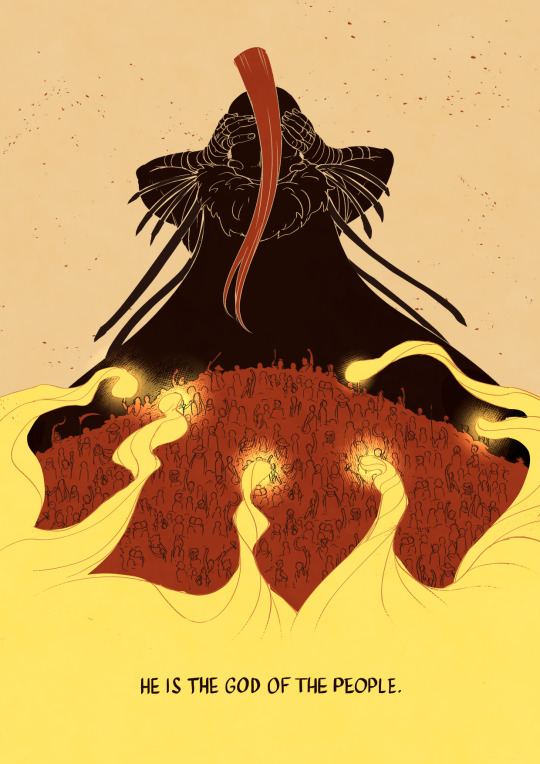
I turn to Ares.
Thanks to Tyler Miles Lockett who allowed me to draw inspiration from his ARES piece for page 2! Look at his etsy page it's SICK
⚔️ If you want to read some queer retelling of arturian legends have a look at my webtoon
#greek mythology#ares#athena#greek gods#dont get me wrong it aint athena slander but it sure is ares praise#on some level at least#man justly accused of bad things deserves some mid praise more at 11#thank you romi for helping me with words though i duly noted you insisted on ares not being cautious rather than him not being careful#romi be like “i want him to care” and honestly good you should say it#also EPIC led to this and i just..... i want to draw some animatics man i just need infinite time now#my long lost love for greek myths just will never stop coming and they dont stop coming and they dont stop coming#i want some vulture design in here for ares but not sure about this one#kochei doodles
99K notes
·
View notes
Text
Planet's Fucked: What Can You Do To Help? (Long Post)
Since nobody is talking about the existential threat to the climate and the environment a second Trump term/Republican government control will cause, which to me supersedes literally every other issue, I wanted to just say my two cents, and some things you can do to help. I am a conservation biologist, whose field was hit substantially by the first Trump presidency. I study wild bees, birds, and plants.
In case anyone forgot what he did last time, he gagged scientists' ability to talk about climate change, he tried zeroing budgets for agencies like the NOAA, he attempted to gut protections in the Endangered Species Act (mainly by redefining 'take' in a way that would allow corporations to destroy habitat of imperiled species with no ramifications), he tried to do the same for the Migratory Bird Treaty Act (the law that offers official protection for native non-game birds), he sought to expand oil and coal extraction from federal protected lands, he shrunk the size of multiple national preserves, HE PULLED US OUT OF THE PARIS CLIMATE AGREEMENT, and more.
We are at a crucial tipping point in being able to slow the pace of climate change, where we decide what emissions scenario we will operate at, with existential consequences for both the environment and people. We are also in the middle of the Sixth Mass Extinction, with the rate of species extinctions far surpassing background rates due completely to human actions. What we do now will determine the fate of the environment for hundreds or thousands of years - from our ability to grow key food crops (goodbye corn belt! I hated you anyway but), to the pressure on coastal communities that will face the brunt of sea level rise and intensifying extreme weather events, to desertification, ocean acidification, wildfires, melting permafrost (yay, outbreaks of deadly frozen viruses!), and a breaking down of ecosystems and ecosystem services due to continued habitat loss and species declines, especially insect declines. The fact that the environment is clearly a low priority issue despite the very real existential threat to so many people, is beyond my ability to understand. I do partly blame the public education system for offering no mandatory environmental science curriculum or any at all in most places. What it means is that it will take the support of everyone who does care to make any amount of difference in this steeply uphill battle.
There are not enough environmental scientists to solve these issues, not if public support is not on our side and the majority of the general public is either uninformed or actively hostile towards climate science (or any conservation science).
So what can you, my fellow Americans, do to help mitigate and minimize the inevitable damage that lay ahead?
I'm not going to tell you to recycle more or take shorter showers. I'll be honest, that stuff is a drop in the bucket. What does matter on the individual level is restoring and protecting habitat, reducing threats to at-risk species, reducing pesticide use, improving agricultural practices, and pushing for policy changes. Restoring CONNECTIVITY to our landscape - corridors of contiguous habitat - will make all the difference for wildlife to be able to survive a changing climate and continued human population expansion.
**Caveat that I work in the northeast with pollinators and birds so I cannot provide specific organizations for some topics, including climate change focused NGOs. Scientists on tumblr who specialize in other fields, please add your own recommended resources. **
We need two things: FUNDING and MANPOWER.
You may surprised to find that an insane amount of conservation work is carried out by volunteers. We don't ever have the funds to pay most of the people who want to help. If you really really care, consider going into a conservation-related field as a career. It's rewarding, passionate work.
At the national level, please support:
The Nature Conservancy
Xerces Society for Invertebrate Conservation
Cornell Lab of Ornithology (including eBird)
National Audubon Society
Federal Duck Stamps (you don't need to be a hunter to buy one!)
These first four work to acquire and restore critical habitat, change environmental policy, and educate the public. There is almost certainly a Nature Conservancy-owned property within driving distance of you. Xerces plays a very large role in pollinator conservation, including sustainable agriculture, native bee monitoring programs, and the Bee City/Bee Campus USA programs. The Lab of O is one of the world's leaders in bird research and conservation. Audubon focuses on bird conservation. You can get annual memberships to these organizations and receive cool swag and/or a subscription to their publications which are well worth it. You can also volunteer your time; we need thousands of volunteers to do everything from conducting wildlife surveys, invasive species removal, providing outreach programming, managing habitat/clearing trails, planting trees, you name it. Federal Duck Stamps are the major revenue for wetland conservation; hunters need to buy them to hunt waterfowl but anyone can get them to collect!
THERE ARE DEFINITELY MORE, but these are a start.
Additionally, any federal or local organizations that seek to provide support and relief to those affected by hurricanes, sea level rise, any form of coastal climate change...
At the regional level:
These are a list of topics that affect major regions of the United States. Since I do not work in most of these areas I don't feel confident recommending specific organizations, but please seek resources relating to these as they are likely major conservation issues near you.
PRAIRIE CONSERVATION & PRAIRIE POTHOLE WETLANDS
DRYING OF THE COLORADO RIVER (good overview video linked)
PROTECTION OF ESTUARIES AND SALTMARSH, ESPECIALLY IN THE DELAWARE BAY AND LONG ISLAND (and mangroves further south, everglades etc; this includes restoring LIVING SHORELINES instead of concrete storm walls; also check out the likely-soon extinction of saltmarsh sparrows)
UNDAMMING MAJOR RIVERS (not just the Colorado; restoring salmon runs, restoring historic floodplains)
NATIVE POLLINATOR DECLINES (NOT honeybees. for fuck's sake. honeybees are non-native domesticated animals. don't you DARE get honeybee hives to 'save the bees')
WILDLIFE ALONG THE SOUTHERN BORDER (support the Mission Butterfly Center!)
INVASIVE PLANT AND ANIMAL SPECIES (this is everywhere but the specifics will differ regionally, dear lord please help Hawaii)
LOSS OF WETLANDS NATIONWIDE (some states have lost over 90% of their wetlands, I'm looking at you California, Ohio, Illinois)
INDUSTRIAL AGRICULTURE, esp in the CORN BELT and CALIFORNIA - this is an issue much bigger than each of us, but we can work incrementally to promote sustainable practices and create habitat in farmland-dominated areas. Support small, local farms, especially those that use soil regenerative practices, no-till agriculture, no pesticides/Integrated Pest Management/no neonicotinoids/at least non-persistent pesticides. We need more farmers enrolling in NRCS programs to put farmland in temporary or permanent wetland easements, or to rent the land for a 30-year solar farm cycle. We've lost over 99% of our prairies to corn and soybeans. Let's not make it 100%.
INDIGENOUS LAND-BACK EFFORTS/INDIGENOUS LAND MANAGEMENT/TEK (adding this because there have been increasing efforts not just for reparations but to also allow indigenous communities to steward and manage lands either fully independently or alongside western science, and it would have great benefits for both people and the land; I know others on here could speak much more on this. Please platform indigenous voices)
HARMFUL ALGAL BLOOMS (get your neighbors to stop dumping fertilizers on their lawn next to lakes, reduce agricultural runoff)
OCEAN PLASTIC (it's not straws, it's mostly commercial fishing line/trawling equipment and microplastics)
A lot of these are interconnected. And of course not a complete list.
At the state and local level:
You probably have the most power to make change at the local level!
Support or volunteer at your local nature centers, local/state land conservancy non-profits (find out who owns&manages the preserves you like to hike at!), state fish & game dept/non-game program, local Audubon chapters (they do a LOT). Participate in a Christmas Bird Count!
Join local garden clubs, which install and maintain town plantings - encourage them to use NATIVE plants. Join a community garden!
Get your college campus or city/town certified in the Bee Campus USA/Bee City USA programs from the Xerces Society
Check out your state's official plant nursery, forest society, natural heritage program, anything that you could become a member of, get plants from, or volunteer at.
Volunteer to be part of your town's conservation commission, which makes decisions about land management and funding
Attend classes or volunteer with your land grant university's cooperative extension (including master gardener programs)
Literally any volunteer effort aimed at improving the local environment, whether that's picking up litter, pulling invasive plants, installing a local garden, planting trees in a city park, ANYTHING. make a positive change in your own sphere. learn the local issues affecting your nearby ecosystems. I guarantee some lake or river nearby is polluted
MAKE HABITAT IN YOUR COMMUNITY. Biggest thing you can do. Use plants native to your area in your yard or garden. Ditch your lawn. Don't use pesticides (including mosquito spraying, tick spraying, Roundup, etc). Don't use fertilizers that will run off into drinking water. Leave the leaves in your yard. Get your school/college to plant native gardens. Plant native trees (most trees planted in yards are not native). Remove invasive plants in your yard.
On this last point, HERE ARE EASY ONLINE RESOURCES TO FIND NATIVE PLANTS and LEARN ABOUT NATIVE GARDENING:
Xerces Society Pollinator Conservation Resource Center
Pollinator Pathway
Audubon Native Plant Finder
Homegrown National Park (and Doug Tallamy's other books)
National Wildlife Federation Native Plant Finder (clunky but somewhat helpful)
Heather Holm (for prairie/midwest/northeast)
MonarchGard w/ Benjamin Vogt (for prairie/midwest)
Native Plant Trust (northeast & mid-atlantic)
Grow Native Massachusetts (northeast)
Habitat Gardening in Central New York (northeast)
There are many more - I'm not familiar with resources for western states. Print books are your biggest friend. Happy to provide a list of those.
Lastly, you can help scientists monitor species using citizen science. Contribute to iNaturalist, eBird, Bumblebee Watch, or any number of more geographically or taxonomically targeted programs (for instance, our state has a butterfly census carried out by citizen volunteers).
In short? Get curious, get educated, get involved. Notice your local nature, find out how it's threatened, and find out who's working to protect it that you can help with. The health of the planet, including our resilience to climate change, is determined by small local efforts to maintain and restore habitat. That is how we survive this. When government funding won't come, when we're beat back at every turn trying to get policy changed, it comes down to each individual person creating a safe refuge for nature.
Thanks for reading this far. Please feel free to add your own credible resources and organizations.
#us election#climate change#united states election#resources#native plants#this took 3 hours to write so maybe don't let it flop? i know i write long posts. i know i follow scientists on here#that study birds and corals and other creatures#i realize i did not link sources/resources for everything. i encourage those more qualified to add things on. i need to go to work
18K notes
·
View notes
Text



More of the Silco survives AU! This is part three. Part 1 and Part 2
The girls learn the truth and Silco gets a taste of a monster
#my art#sketchy sketch#zaundads#vanco#vander#silco#arcane warwick#I wanted to finish these before I leave to my folks so they're a bit messy#you send me a lot of asks about how horrified Vi would be about learning that silco and vander were a thing#and you guys were so right#I miss you -> straight to fucking I guess#there's scenes missing in between sketches as you can see but ya know#anyway here ya goooo I'm off to the train station
10K notes
·
View notes
Text





today's bug thing is the bug carousel at the Bronx Zoo!
20K notes
·
View notes
Text
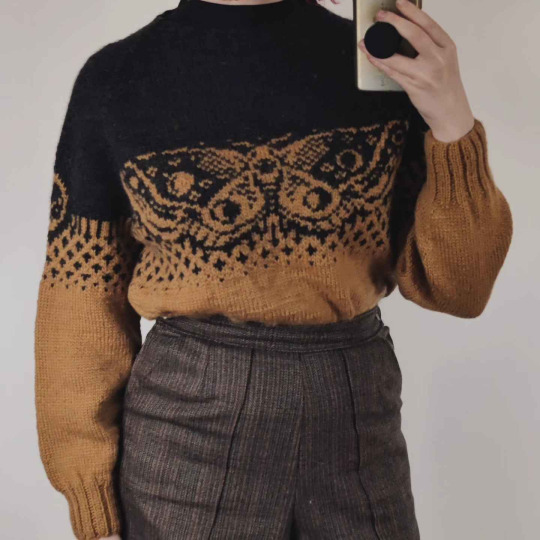

Knitted a moth sweater ✨ bought the pattern for it here!
22K notes
·
View notes
Text
"life doesnt get better, you just get stronger" does NOT include ages 11-17. life does in fact just get better from there. those years are dogshit. like, you do get stronger but its mostly just a factor of not being 11-17 anymore. positive thinking helps but it doesnt fix whatevers going on at 15, you have to brute force through that one raw
#i originally posted this as just a 'hey remember how fuckin bad middle/highschool was? shit was wild' type post but now#there are a bunch of teens in the notes being like 'oh my god are you serious? it gets better? im not stuck in hell forever??'#and im reminded that the only people who told teenage ella 'it gets better' were speakers at mental health assemblies#aka the least relatable people alive who were seemingly born to lie to you#so. uh. yeah im a certified adult who isnt here to lie or sugarcoat the realities of being a teenager#the only thing more certain than the pain is the transcience
43K notes
·
View notes
Text
I think the biggest downside to having animal ears and a tail would be trying to mask your discomfort in public like imagine trying to play it cool in customer service but your tail keeps bristling
#leafie speaks#everytime someone talks to u and your fur does the ghibli hair thing#*ears pin back* sorry its just loud in here *starts hissing and spitting* oh shit haha sorry
56K notes
·
View notes